Festivals in Chile, a land of diverse landscapes and rich cultural heritage, celebrates a variety of festivals and holidays that reflect its history, traditions, and the fusion of indigenous and European influences. These celebrations offer a glimpse into the unique tapestry of Chilean culture, blending pre-Columbian rituals with Catholic traditions. In this exploration, we will delve into some of the most relevant festivals and holidays in Chile, examining their historical origins, cultural significance, and the ways in which they contribute to the nation’s identity.
1. Fiestas Patrias – September 18th and 19th
Fiestas Patrias is one of Chile’s most significant and widely celebrated festivals, marking the country’s independence from Spanish rule. The celebration spans two days, with September 18th commemorating the proclamation of Chile’s first Governing Body in 1810, and September 19th marking the formal declaration of independence in 1818.
Fiestas Patrias is a time of national pride, traditional dances, music, and delicious Chilean cuisine. The streets come alive with “cueca” dance performances, rodeos, and traditional games like “palín.” Families gather for barbecues (asados) featuring traditional dishes like empanadas and pastel de choclo. The festival encapsulates the spirit of Chilean identity, emphasizing independence, unity, and cultural heritage.
2. Día de la Raza (Columbus Day) – October 12th
While Día de la Raza is celebrated across Latin America to commemorate Christopher Columbus’s arrival in the Americas, in Chile, it is a day that reflects on the cultural diversity of the country. October 12th is a public holiday, and various events and activities take place to recognize the different ethnic groups that contribute to Chile’s multicultural identity.
The day serves as an opportunity to celebrate the rich heritage of Chile’s indigenous peoples, including the Mapuche, Aymara, and Rapa Nui. It underscores the importance of respecting and preserving the traditions of these communities while acknowledging the complex history that followed Columbus’s arrival.
3. Cueca Festival – February/March
The Cueca Festival is a celebration of Chile’s national dance, the cueca. Held annually in February or March, the festival gathers dancers, musicians, and enthusiasts to showcase the various regional styles of this traditional dance. The cueca is characterized by intricate footwork, handkerchief movements, and a playful courtship theme.
The festival provides a platform for both professional and amateur dancers to participate in competitions and exhibitions. It contributes to the preservation and promotion of Chilean folk traditions, fostering a sense of cultural pride and identity.
4. La Tirana – July
La Tirana is a vibrant and colorful festival held in the town of La Tirana in the Tarapacá Region. Celebrated in July, the festival has both religious and cultural significance, blending Catholic traditions with indigenous elements. It is dedicated to the Virgen del Carmen, the patron saint of Chile.
The festivities include processions, traditional dances, music, and vibrant costumes. Dance groups from different regions of Chile and neighboring countries participate in the celebrations, creating a dynamic and multicultural atmosphere. La Tirana is a unique expression of Chilean syncretism, where Catholicism and indigenous beliefs come together in a joyous celebration.
5. Día de Todos los Santos (All Saints’ Day) – November 1st
Día de Todos los Santos is a religious holiday that honors and remembers deceased loved ones. On November 1st, families visit cemeteries to pay respects to the departed by cleaning and decorating gravesites with flowers and candles. It is a solemn yet heartfelt day of remembrance.
The tradition reflects Chile’s predominantly Catholic heritage and the importance placed on honoring ancestors. It provides a space for families to come together and celebrate the lives of those who have passed away, fostering a sense of continuity and connection with the past.
6. Festival Internacional de la Canción de Viña del Mar – February
The Viña del Mar International Song Festival is one of the most prominent musical events in Latin America and is hosted in the coastal city of Viña del Mar. The festival, usually held in February, attracts both national and international artists, showcasing a diverse range of musical genres.
The event has become a cultural icon, featuring music competitions, performances, and the renowned “Viña del Mar Song Contest.” It not only contributes to the appreciation of music but also serves as a platform for cultural exchange and unity, highlighting Chile’s connection to the broader Latin American and global music scene.
7. Winter Solstice (Inti Raymi) – June
While Inti Raymi is widely celebrated in Peru, the Winter Solstice holds cultural significance for Chile’s indigenous Mapuche people. The Winter Solstice marks the shortest day and longest night of the year in the Southern Hemisphere, and it is a time for various rituals and ceremonies.
Mapuche communities celebrate the renewal of the sun’s energy and the connection between nature and humanity. Ceremonies may include traditional music, dance, and offerings to honor the earth and the Mapuche cosmovision. The Winter Solstice showcases the deep ties between Chile’s indigenous communities and the natural world.
8. Día de la Chilenidad – September
Día de la Chilenidad is a celebration of Chilean culture and identity, typically held in September. During this festival, various events take place across the country, emphasizing traditional customs, cuisine, and folkloric performances. It is an opportunity for Chileans to celebrate their national heritage and connect with the diverse cultural elements that make up the country.
Activities may include rodeos, traditional games, folk dances, and culinary events featuring Chilean dishes. Día de la Chilenidad reinforces a sense of national pride and unity, encouraging the appreciation and preservation of Chilean traditions.
9. Palm Sunday (Domingo de Ramos) – March/April
Palm Sunday is a significant religious observance that marks the beginning of Holy Week. On this day, Christians commemorate Jesus’s entry into Jerusalem, and it is celebrated with processions, blessings of palm branches, and religious services.
In Chile, Palm Sunday is observed with religious fervor, particularly in cities and towns with a strong Catholic presence. The faithful participate in church services, carrying palm fronds as a symbol of faith and devotion. The day contributes to the religious and cultural fabric of the country, emphasizing the importance of Christian traditions.
10. National Mining Week (Semana de la Minería) – August
National Mining Week is an annual event that highlights the significance of the mining industry in Chile, a country with a rich history of mineral extraction. Celebrated in August, the week includes various activities such as educational programs, exhibitions, and events aimed at promoting awareness of the mining sector’s contributions to the national economy.
The festivities provide an opportunity to recognize the importance of mining in Chile’s history and contemporary development. It emphasizes the role of the mining industry in shaping the country’s economic landscape and contributing to its status as a global mining powerhouse.
Conclusion
Chile’s festivals and holidays offer a diverse and colorful panorama that reflects the nation’s cultural richness, historical depth, and the fusion of indigenous and European influences. From the exuberant Fiestas Patrias to the spiritual La Tirana and the cultural showcase of the Cueca Festival, each celebration contributes to Chile’s cultural identity.
These festivals are not merely events of revelry but serve as expressions of national pride, unity, and the enduring connection to cultural roots. Fiestas Patrias, in particular, stands as a pinnacle of Chilean identity, encapsulating the spirit of independence, tradition, and community.
Moreover, Chile’s festivals bridge the past and present, weaving a narrative that acknowledges the country’s complex history and celebrates its multicultural heritage. Whether in the fervor of religious celebrations or the joyful rhythms of folk dances, Chile’s festivals are a testament to the resilience, creativity, and cultural vibrancy of its people. As Chile continues to evolve, these celebrations will undoubtedly play a crucial role in shaping the narrative of the nation, inviting both locals and visitors to partake in the festivities and experience the heart and soul of this remarkable South American country.


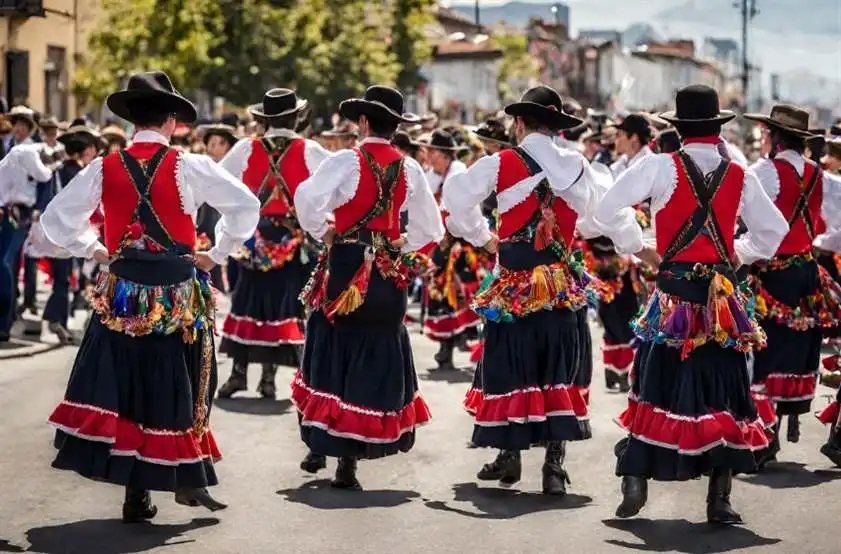
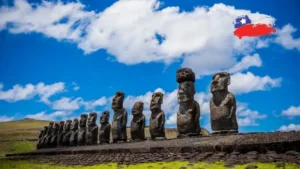
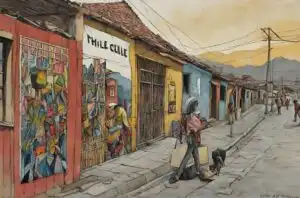
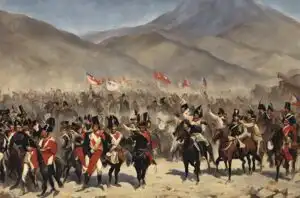



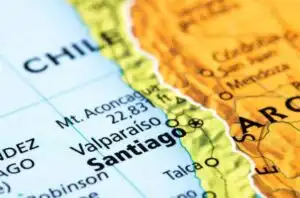
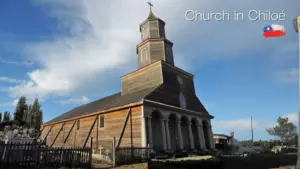
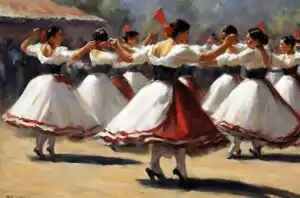


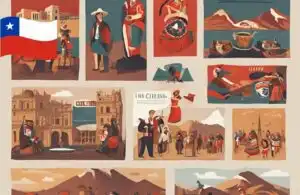

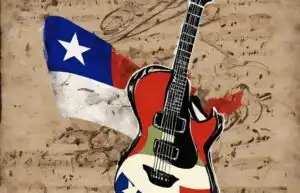

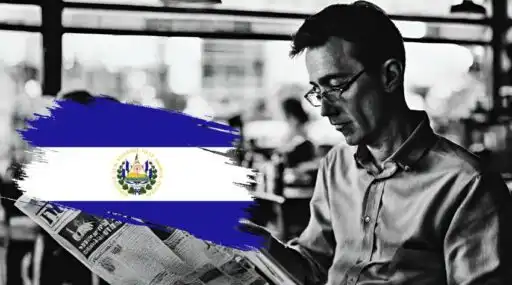
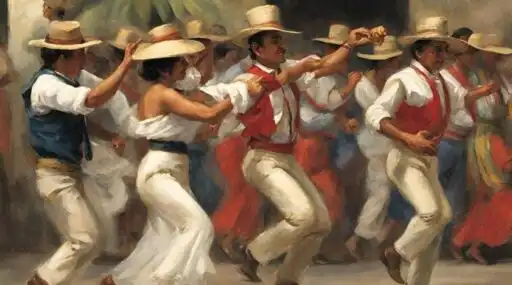
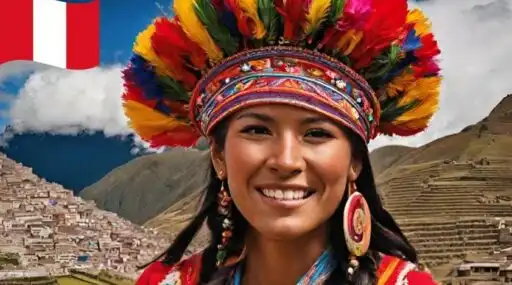
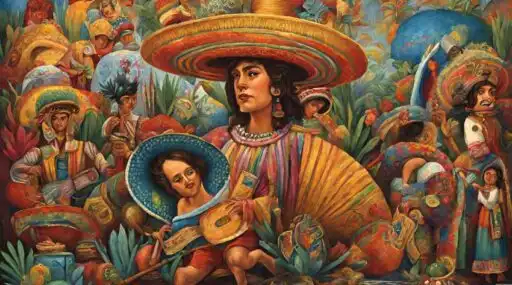



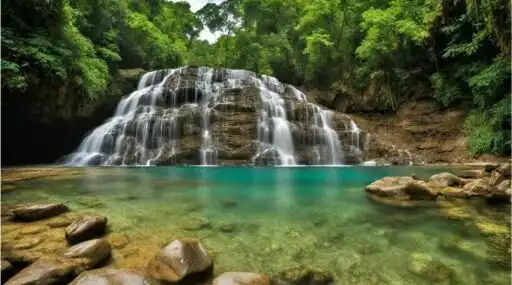
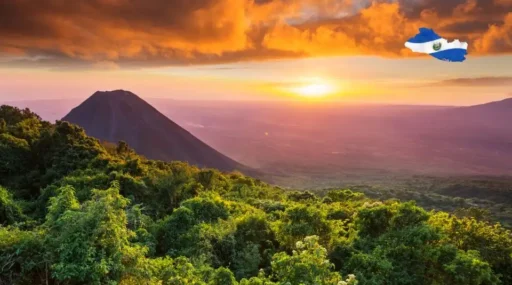
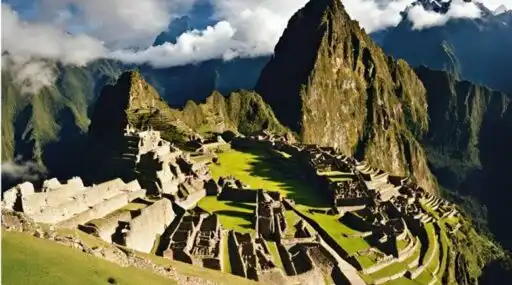
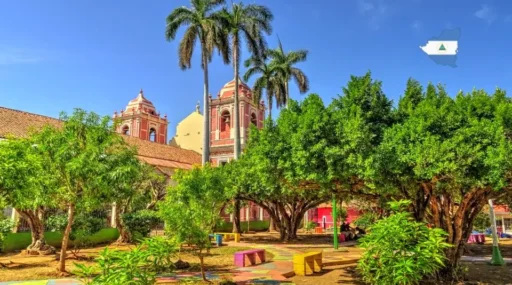
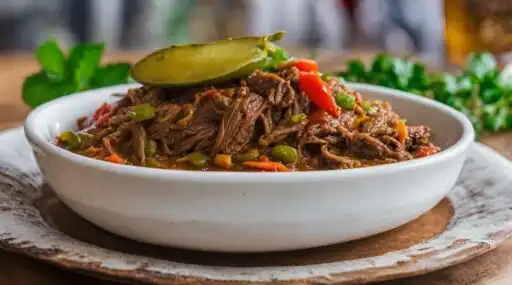



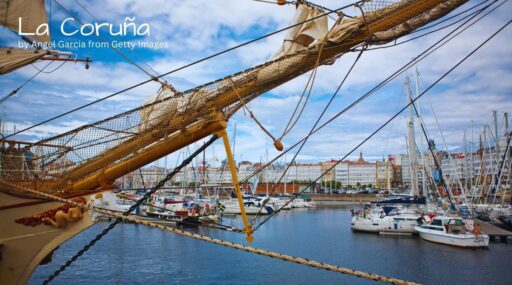
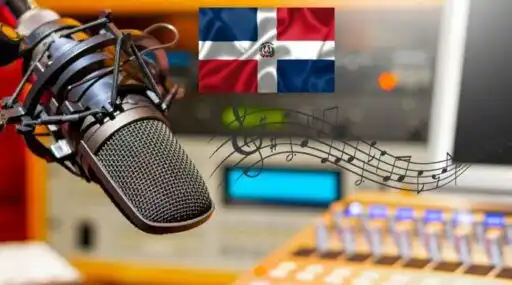
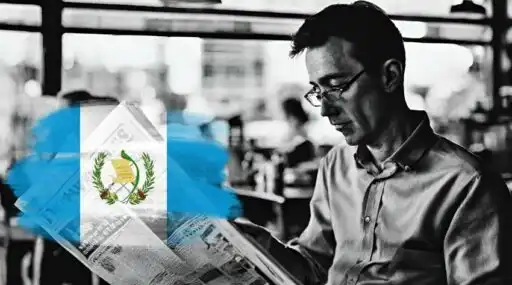
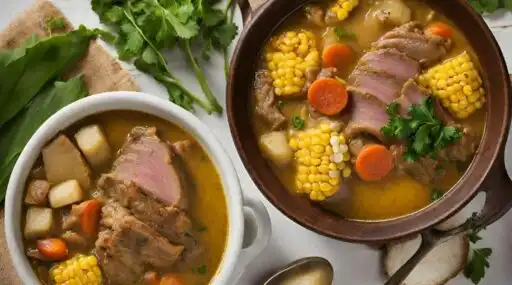
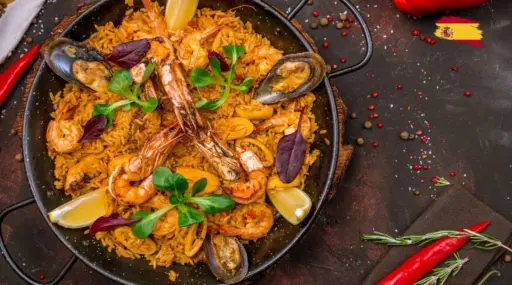

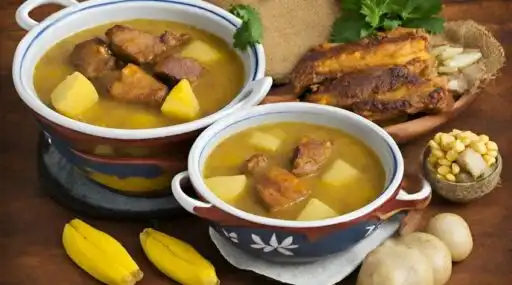

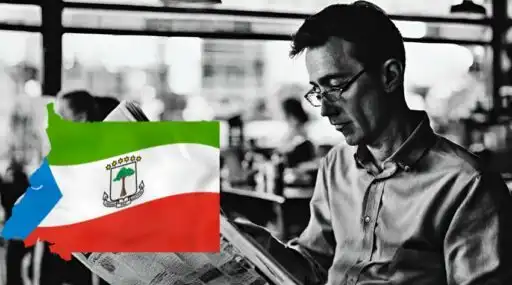
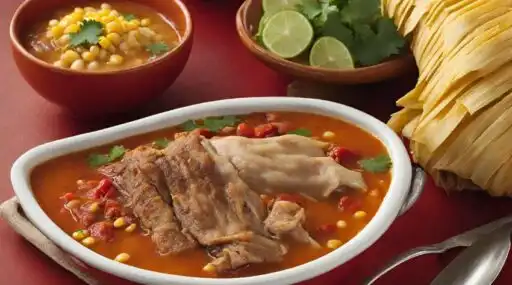
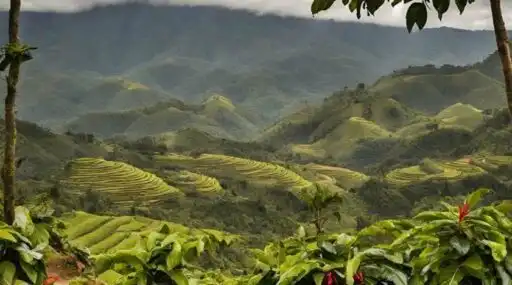

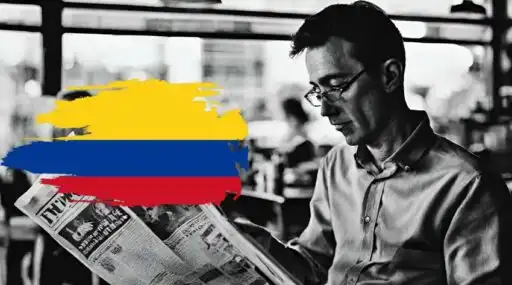
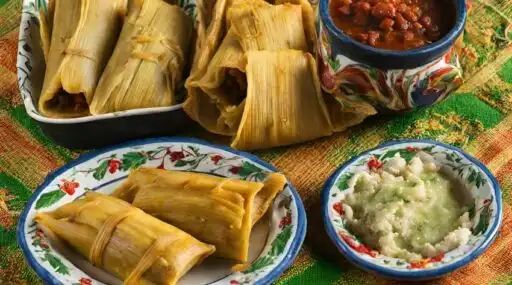
Leave a Reply